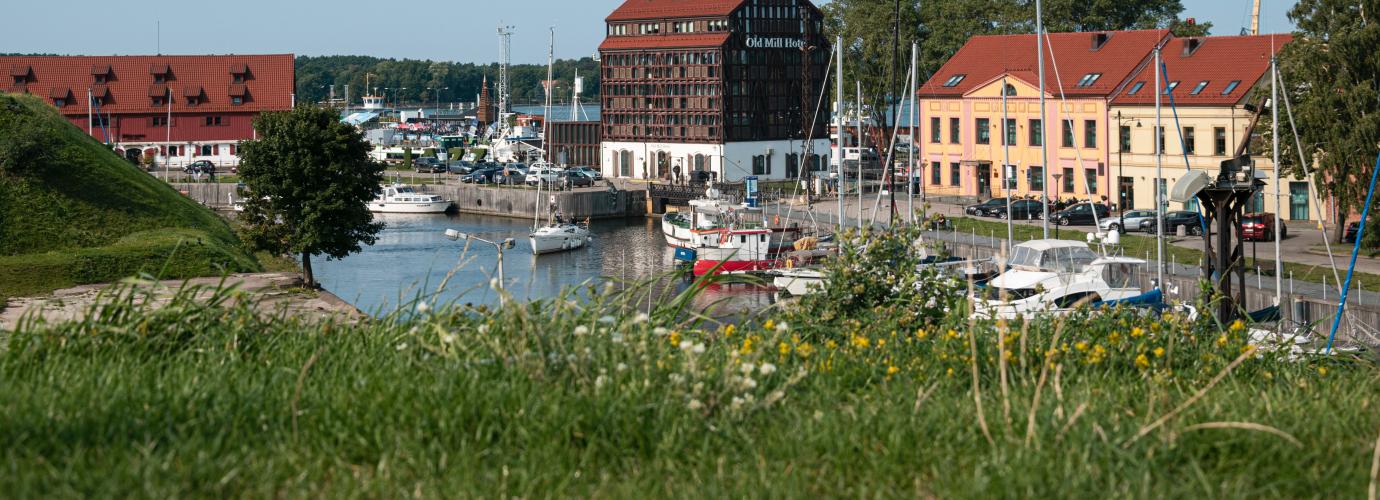Curriculum development
Lithuania’s participation in the Bologna Process and the implementation of its provisions encourage the internationalisation of higher education study programmes. Active participation in the EU student exchange programmes also encourages integration of higher education institutions into the common European Higher Education Area. Almost all universities offer study modules in a foreign language, the curricula of most study programmes are related to international issues, and knowledge is provided in the context of European and global experience and practice. Some study programmes with inherent international dimension may also be taught in a foreign language to Lithuanian students.
Joint study programmes with higher education institutions of other countries are offered and implemented in Lithuania. The aim of the programmes is to allow students to acquire more knowledge, to provide the opportunity to study together with international students in different cultural and academic environments, and to learn from the experience of different countries and higher education institutions.
Partnerships and networks
Lithuania has signed 44 cooperation agreements with foreign countries and international organisations in the fields of culture, education, science and technology. A financial support facility is available for talented master’s degree students from third countries to study in Lithuania. In 2011, the Government approved the procedure for allocating financial support to foreigners from third countries admitted to Lithuanian higher education institutions to study for a master’s degree.
Lithuanians who have acquired upper secondary education under the education programmes of foreign countries and international organisations, and Lithuanians from foreign countries who have acquired upper secondary education in the Republic of Lithuania, who lived abroad for at least three years and started their studies in grades 8-10 or grades I-IV of the gymnasium upon arrival in the Republic of Lithuania, can receive support (a scholarship or social allowance) to study at higher education institutions of the Republic of Lithuania.
In order to strengthen the international competitiveness and attractiveness of Lithuanian higher education, highly qualified foreign lecturers are attracted to teach at Lithuanian higher education institutions. Support is granted to Lithuanian higher education institutions hosting visiting lecturers from aboard for study programmes, courses or modules that are an integral part of the study programme.

